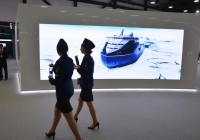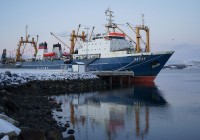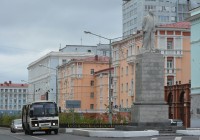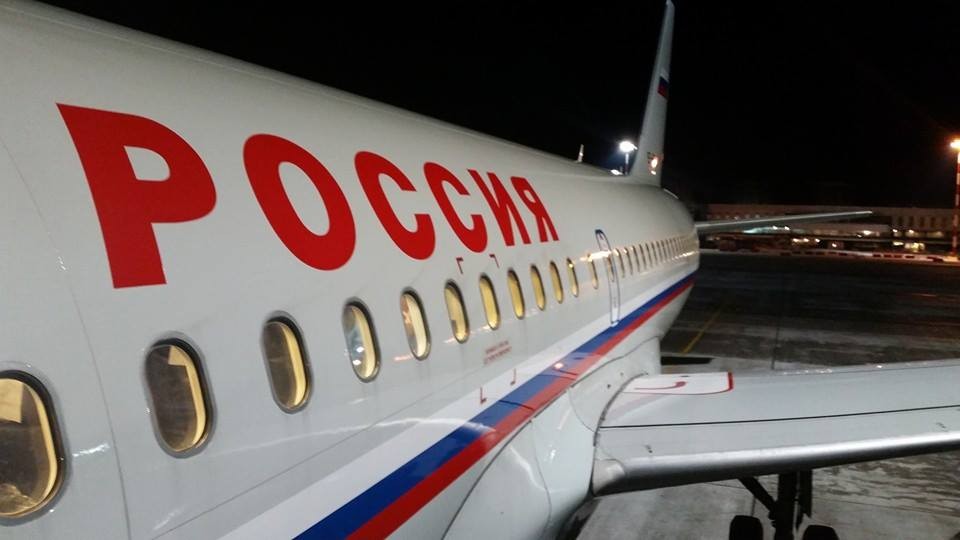
Sanctions-hit Russian aviation in turbulence
ADVERTISEMENT
A partial suspension of flights with Superjet 100 could come soon due to a shortage of spark plugs for the engines, according to Vladimir Panfilov, deputy director of IrAero, a Irkutsk-based airline that operates eight of the jets designed by Russian Sukhoi in cooperation with foreign partners.
The engines are developed and manufactured by PowerJet, a joint venture with a French company. Spark plugs and many other spare parts are coming from companies in countries that have imposed sanctions on Russia because of the ongoing war on Ukraine.
RBC on Friday quoted sources among six airlines in Russia flying Superjet. All confirmed the shortage of spark plugs. The information first appeared on the Telegram channel Aviatorshchina.
12 airliners in Russia operate a total of 160 Superjets. The plane that one of few civilian models produced in post-Soviet times.
Rossiya airlines, the largest operator of Superjet 100 with 76 aircraft, fears that only 40% of the fleet will be used in the spring and summer season this year due to a lack of spark plugs.
Shortly after media started to report about the possible grounding of Superjet 100, Russia’s Ministry of Industry and Trade made clear that there are no reasons to worry: Work is underway to produce substitute spark plugs. “Industrial enterprises are taking all necessary measures to provide them to the operators,” the statement reported by Vedomosti said.
Russian airlines are for the most blocked from flying abroad.
ADVERTISEMENT
Doors are now also closing for so-called parallel import, meaning spare parts are sold via a third country with Russia as the destination.
This week Turkish authorities decided to ban both refueling and maintenance of American-made planes belonging to companies in Russia and Belarus. Since early March, Turkish customs have rejected transit declaration of goods on the European sanctions list, including spare parts for planes.
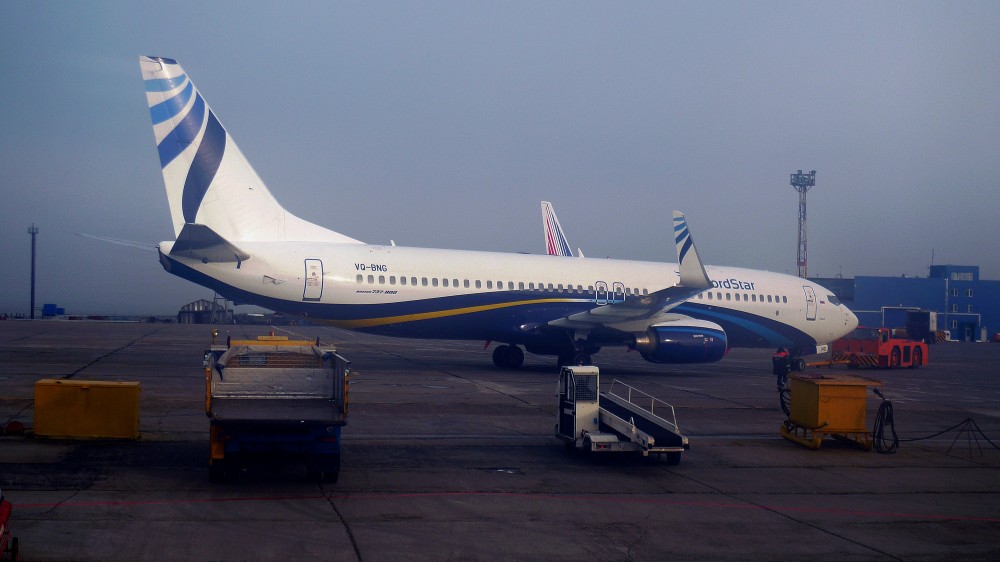
Authorities are trying to calm down the growing skepticism among passengers.
Western-made planes operated by Russian carriers may “easily fly” until 2030 provided that work is done to maintain their flight worthiness, said head of the Federal Agency for Air Transport, Aleksandr Neadko, in an interview with RBC last month.
In early 2023, the Government issued a decree legalizing cannibalization of foreign-made aircraft from Boeing and Airbus, Izvestia reported. It also allowed to the installation of non-original foreign spar parts and extend the terms of maintenance.
On February 4, a Boeing-767 operated by Azur Air had to make an emergency abort of take-off at the airport in Phuket, Thailand as one of the engines overheated and catches fire.
It turned out that the plane, which was en route to Moscow, had gone three years without engine inspection, with more than twice as many flights as required by the Boeing manufacturer.
The plane was far from airworthy.
1/ A Russian 767 aircraft that suffered an engine failure when trying to take off from Phuket airport in February had reportedly gone 3 years without the engine being inspected, due to Western sanctions. This has serious implications for air safety. ⬇️pic.twitter.com/vf5N6JRMfd
— ChrisO_wiki (@ChrisO_wiki) March 17, 2023
ADVERTISEMENT
The Barents Observer Newsletter
After confirming you're a real person, you can write your email below and we include you to the subscription list.



